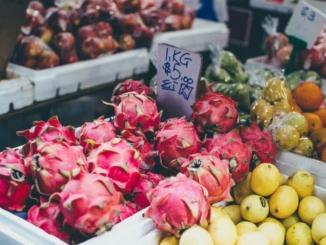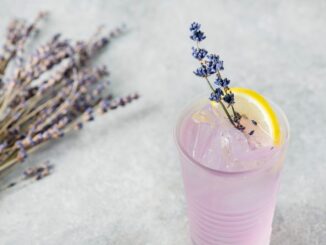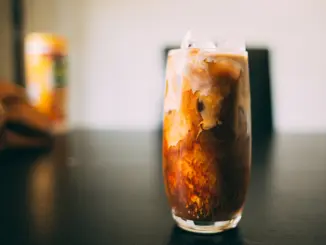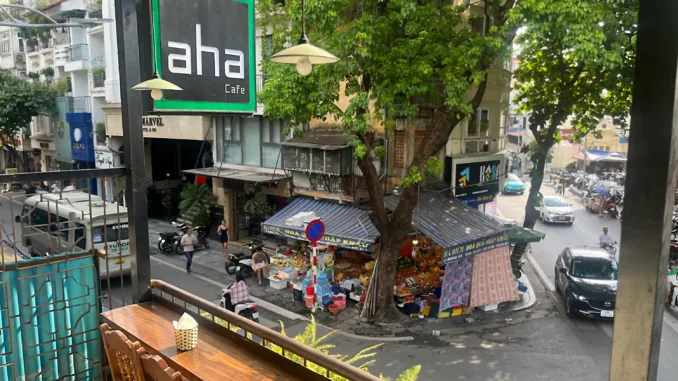
We look at more specialty-coffee shops showcasing Southeast Asian flavors like buko (coconut), dragon fruit, and mung bean.
BY EMILY JOY MENESES
BARISTA MAGAZINE ONLINE
Featured photo by Emily Joy Meneses
In part one of this article, we discussed the fourth wave of coffee and how it has made room for more creativity and cultural storytelling. This is beautifully exemplified in the Southeast Asian-owned cafés utilizing their traditional flavors in their recipes. Today, we’ll continue our exploration of Southeast Asian ingredients in café drinks; check out these specialty-coffee shops bringing their family’s ingredients to the table.
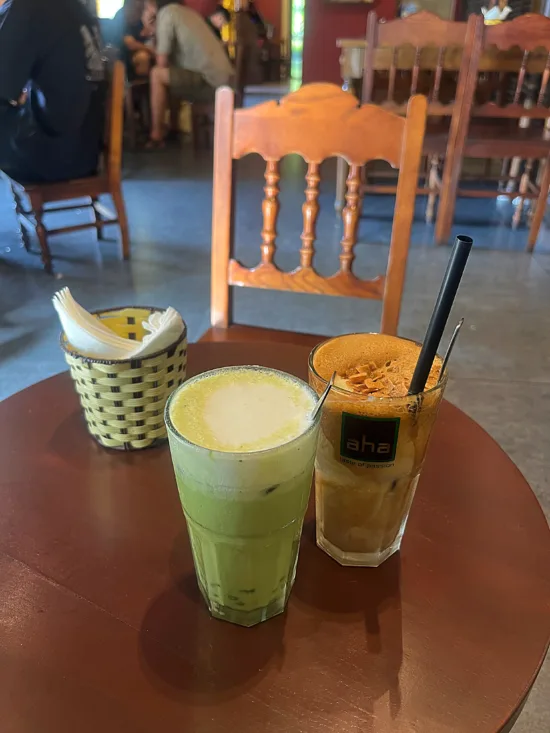
Aha Cafe – Blended Coffee with Mung Bean
Amid the bustling streets of Hanoi, Vietnam’s Old Quarter, coffee shops serve as much-needed places of respite. Aha Cafe, with its quiet balcony equipped with a smoking area and views of the city, is the perfect example. Notably, the two-story coffee shop offers blended coffee with mung bean: a drink that’s both luxurious and refreshing. It’s perfect for beating the summer heat. Mung bean’s origins can be traced to India, and the ingredient is popular throughout Southeast Asia. This nutty, earthy flavor pairs perfectly with sweetened coffee drinks.
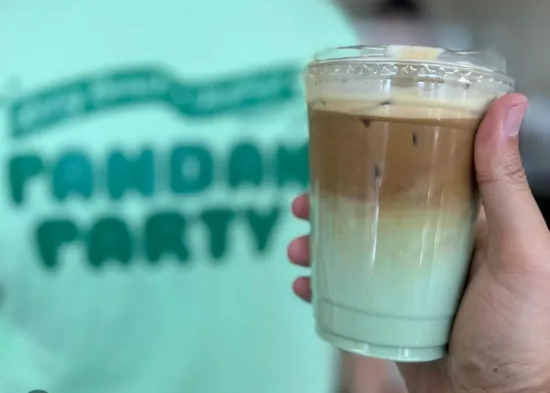
Seven Syllables Coffee – Buko Pandan Latte
Seven Syllables Coffee is fairly new to Cerritos, Calif. — a neighborhood located on the outskirts of Los Angeles County. But it’s already well-known for showcasing Filipino flavors like macapuno and ube, even participating regularly in the Long Beach Ube Fest. Standout drinks from the café include the White Rabbit Latte (inspired by the Chinese candy called white rabbit) and the Calamansi Espresso Tonic, flavored with Philippine citrus. Our favorite menu item is the iced Buko Pandan Latte. Seven Syllables named it after a Filipino dessert that features pandan and shredded young coconut.
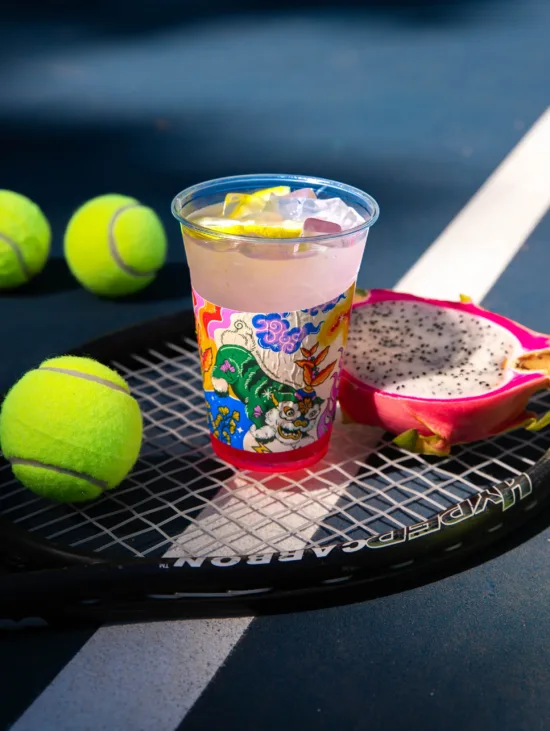
Cafè Cá Phê — “Cute Moment” Dragon Fruit + Mango Lemonade
Cafè Cá Phê owner Jackie Nguyen cites her identity as a Vietnamese American as one of the main inspirations of her menu at the Kansas City, Mo.-based shop. Jackie and her team recently partnered with Torani to release a dragon fruit syrup. The syrup shows up in one of their summer specials named “Cute Moment,” a refreshing lemonade flavored with mango and the dragon fruit syrup that they helped to create.
“We were so honored when Torani agreed to making a dragon fruit syrup with our staff—it was a really cool process,” Jackie shares. “They would send us multiple samples that we could try at our coffee shop, all of the baristas (and I) would take notes together, talk about what we liked and didn’t like, and then send back notes. Then, (Torani) would send us a variation of versions of different dragon fruit according to all the feedback that we gave them, and (we would) decide which felt the most authentic. … It was hella cool that they developed this flavor and also included us and trusted us in the entire process.”

Jackie also says that her cultural background has inspired her work with the coffee shop. “My perspective specifically comes from a first generation, Vietnamese American lens. … Our shop has everything like vanilla, lavender and caramel, but we also have lychee, salted egg, ube, salted lemonade, and cardamom,” she says. “All of my drinks are inspired (by) my childhood—whether that’s fruit that my mom cut for me or my favorite candy like flakes or white rabbit. Those nuances are very specifically Asian American. I really try to make sure that there is a variety of authenticity to how I identify in my shop through the selection of flavors and drinks.”
Honoring Diversity in Café Menus
Some critique the specialty-coffee world as an exclusive, non-diverse space. But these shops are showing that there’s ample opportunity for folks from all around the world to bring their unique stories and ingredients into their café menus. We hope to see not just Southeast Asian ingredients, but ingredients from all different countries, incorporated into more coffee-shop settings as time goes on. We commend all of the baristas, shop owners, and drink creators who are making that happen.
ABOUT THE AUTHOR
Emily Joy Meneses (she/they) is a writer and musician based in Los Angeles. Her hobbies include foraging, cortados, vintage synths, and connecting with her Filipino roots through music, art, food, and beverage.
Subscribe and More!
Out now: It’s the June + July 2024 issue of Barista Magazine! Read it for free with our digital edition. And for more than three years’ worth of issues, visit our digital edition archives here.
You can order a hard copy of the magazine through our online store here. Or you can start a subscription for one year or two.



